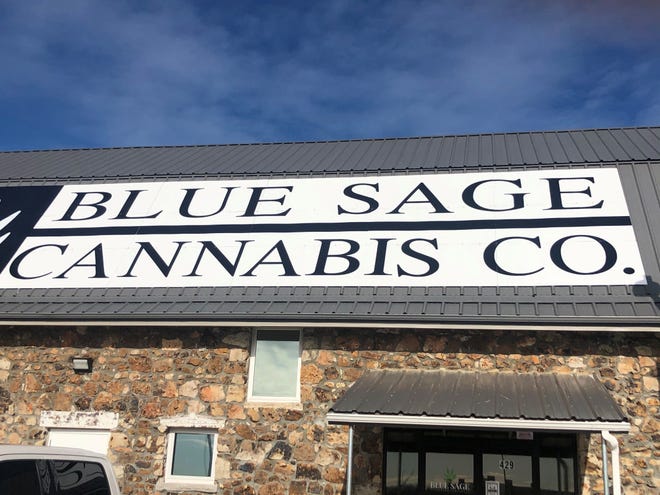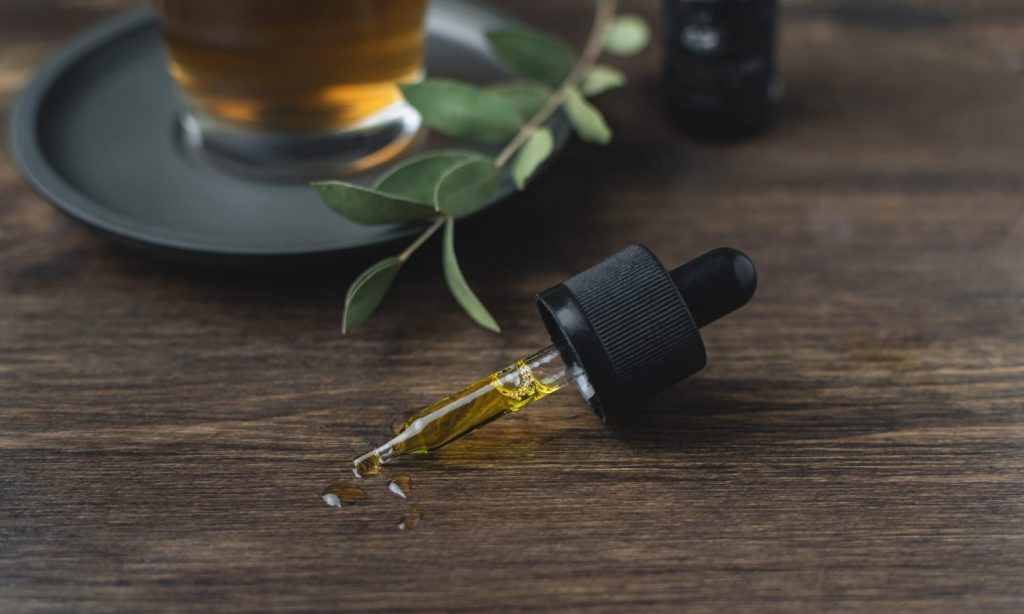If you’re not currently receiving any treatment for insomnia, or if your current treatment isn’t enhancing the duration and quality of your sleep, you may want to give cannabis a try.
Ask any CBD or THC supplier and one of the main referrals for their product is sleep disorders. Known to be a natural sleep aid, cannabis and CBD oil has been proven to assist with insomnia and better sleep.
Here are five things to understand about the effect cannabis has on getting a better night’s sleep:
1) It might be better to choose the bong over the bottle. In fact, while booze is proven to shorten your slumber and decrease REM patterns in sleep, cannabis has both intoxicating and relaxant properties which can bring sweeter dreams and easier waking.
2) Long-term use of cannabis may lessen the drug’s effects, and withdrawal can cause not only insomnia but also a rebound REM effect that temporarily produces more vivid and frequent dreaming.







